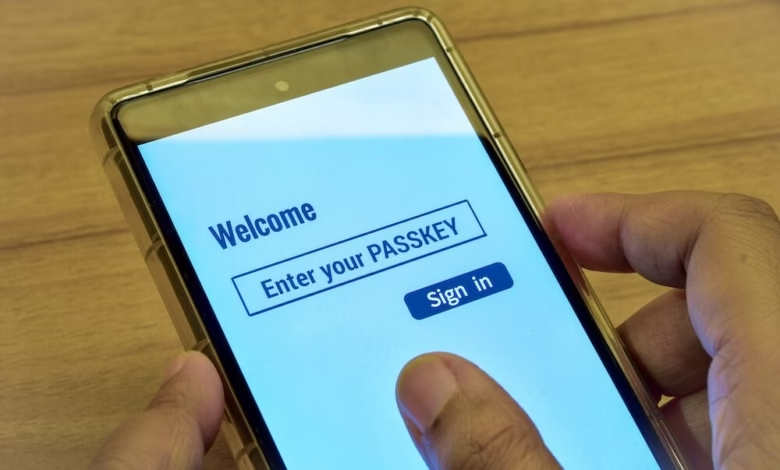Apple OSes to Get Easy, Secure Passkey Import & Export

▼ Summary
– Apple introduced an import/export feature for passkeys to address their lack of transferability between different operating systems or credential managers.
– The feature, showcased at WWDC, will be available in upcoming iOS, macOS, iPadOS, and visionOS updates, enabling easier passkey transfers.
– Passkeys’ previous limitation raised concerns about vendor lock-in and account access risks if devices were lost or stolen.
– The FIDO Alliance and companies like Google, Dashlane, and 1Password are working on solutions to make passkey syncing more flexible across platforms.
– Apple emphasized user control over credentials, allowing choice in credential managers and secure syncing via industry-standard methods.
Apple is introducing a game-changing feature that makes passkeys more flexible and user-friendly across devices and platforms. The upcoming iOS, macOS, iPadOS, and visionOS updates will include passkey import and export capabilities, addressing a major limitation of the authentication method. Until now, passkeys created on one system or credential manager couldn’t easily transfer to others, locking users into specific ecosystems.
Currently, passkeys sync seamlessly across Apple devices linked to the same iCloud account. However, moving them to non-Apple platforms, like Windows or third-party password managers, has been impossible. This restriction has drawn criticism, with users concerned about vendor lock-in and the risk of losing access if a device is compromised.
The FIDO Alliance, a consortium of major tech companies and service providers, has been working to standardize passkey portability. Recent developments suggest progress is being made—Google’s password manager, for example, has begun testing import/export tools, though the process remains cumbersome. Other industry leaders like Dashlane, 1Password, and Bitwarden are also involved in refining cross-platform compatibility.
Apple’s solution emphasizes user control and data ownership, allowing people to choose where and how they manage their credentials. The feature extends beyond passkeys, supporting passwords and verification codes with a standardized, secure transfer method. This move could accelerate broader adoption of passkeys by eliminating one of their biggest hurdles, lack of flexibility.
With major players collaborating on interoperability, the future of passwordless authentication looks more seamless than ever. Users won’t have to worry about being tied to a single platform, making passkeys a more practical and secure alternative to traditional passwords.
(Source: Ars Technica)